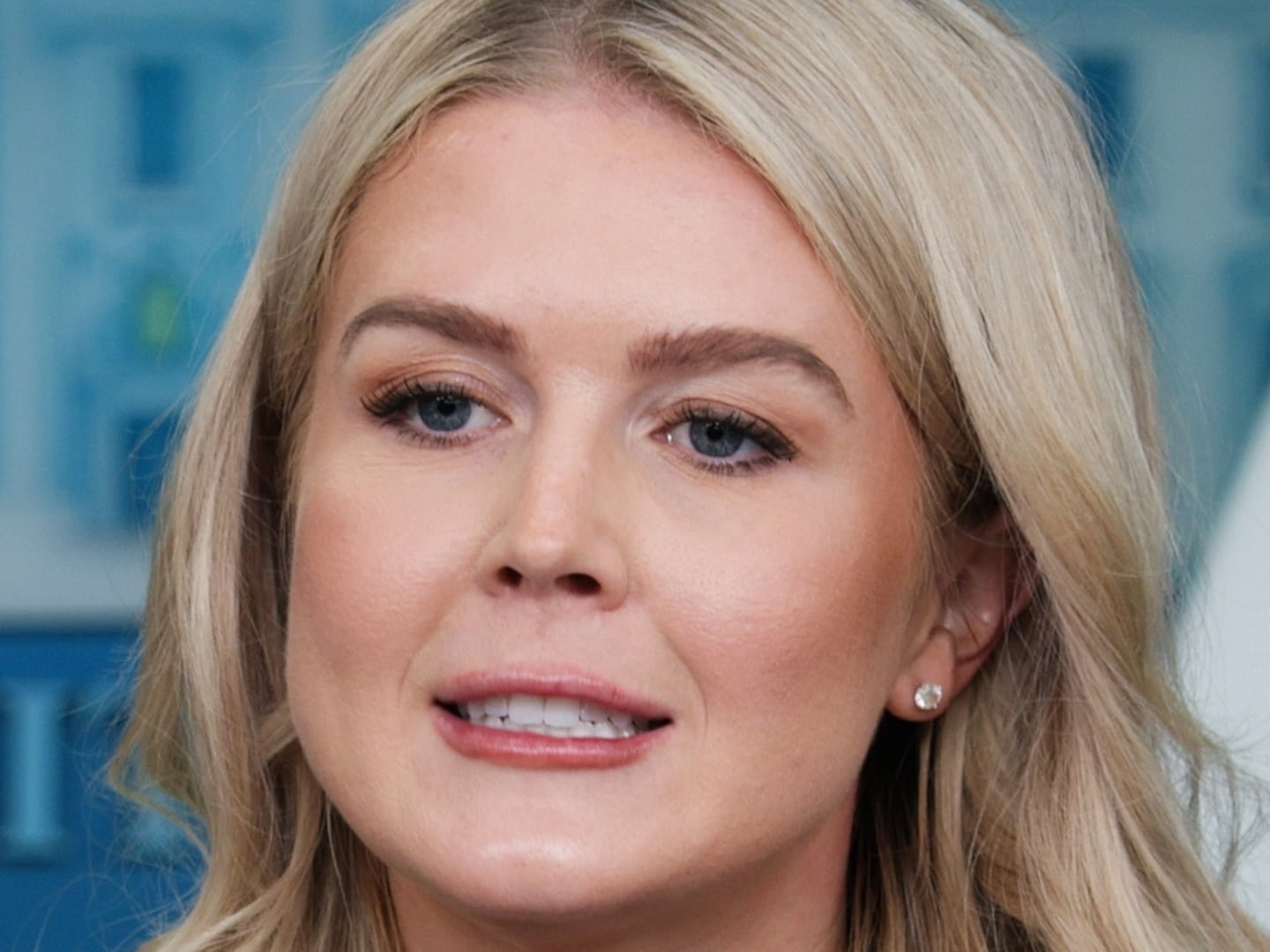
A major criticism of Obamacare is that it failed to end the system of employer-based health coverage in place since the 1950s. Joseph Minarik, the former chief economist at the House of Representatives, lays out two scenarios of how the bill's employer mandate might affect the federal budget. If a few drop coverage and opt to pay the penalty, it'll lead to greater budget deficits:
The potential elephant in the room is how many employers will continue to offer health insurance, versus how many will decide that it is preferable, at least in that it is cheaper, to terminate their plans and send their employees to the health-insurance exchanges. Large employers (50 or more employees) who do not offer insurance must pay penalties. But some analysts have argued that many employers will be able to pay the penalties, increase their employees’ cash pay, and send them to the exchange (where those with incomes under 400 percent of the poverty standard will receive public subsidies) and have both the employer and its employees come out ahead. The reason why both would come out ahead, of course, is that the amount of the penalty can be less than the amount of the federal subsidy – so the loser in this zero-sum game is the federal budget. A survey has indicated that many employers are considering dropping coverage. The impact on the budget is alleged to be in the hundreds of billions of dollars, with more exits by employers meaning government spending above and beyond the estimates.
However if enough employers dropped coverage, there could be net positive result for the federal budget and Obamacare might inadvertently succeed in making a dent in employer-based coverage because of its unpopularity:
CBO’s current projection is that employer coverage will decline by three to five million people, with many more than that number gaining coverage through the exchanges and Medicaid. But CBO has simulated alternative scenarios under which much larger numbers of employees lose coverage, with the assumption that employers increase cash wages by the amount of their premium savings, and found that the effect on the federal budget’s bottom line, all factors considered, is minimal. That calculation implicitly underlies their estimate that the change in employer coverage will be small. Those who agree with CBO contend that many of the employers who are now “considering” dropping coverage are in the early stages of their own analysis, and will not do so once they factor in all of the tax consequences.






